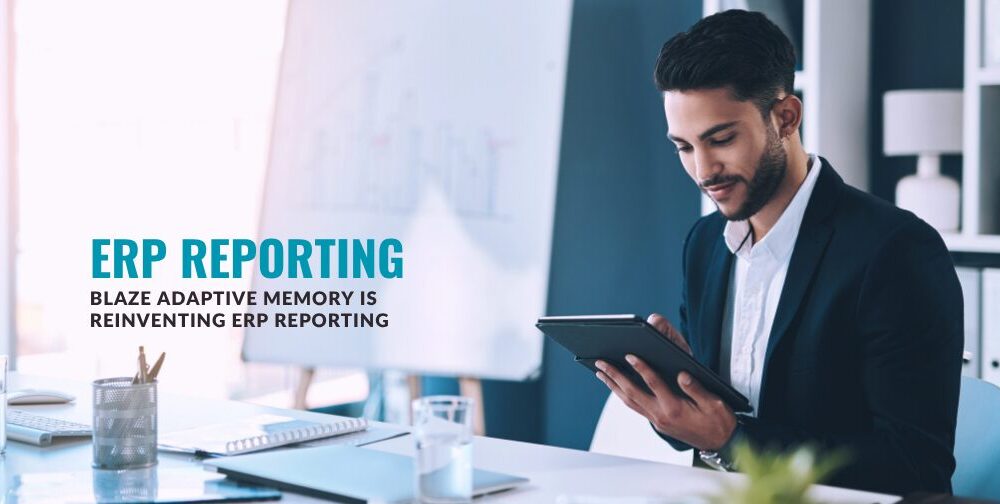Blaze Adaptive Memory Is Reinventing ERP Reporting

As finance and IT teams feel the metaphorical push to modernize their reporting stacks, the race is on to make an organization’s data more accessible, more secure, and faster, in order to save time and manage ever-tightening budgets. Orbit Analytics, a company known for its deep expertise in Oracle ERP environments, just announced a major step in that direction with the launch of Blaze Adaptive Memory, a new enhancement to its flagship financial reporting solution, GLSense.
Orbit says Blaze Adaptive Memory is the future of ERP reporting, here to enable faster, smarter, decisions. It’s agile, user-friendly, and built to understand how teams actually use financial data to make everyday business decisions.
“It’s fast, bringing real-time financial insights closer to the speed of thought,” says Orbit CTO and Cofounder Ravi Jasti.
In-memory computing isn’t a new concept, but solution enhancement reimagines it to meet the needs of modern finance teams. Rather than relying on static memory snapshots, Blaze uses adaptive algorithms to intelligently track and update data in response to how users interact with the system.
It leverages two key innovations, dynamic memory tracking and a self-validating algorithm, which enables the platform to not only learn from repeated queries, but also anticipate future data needs based on organizational patterns and user behavior. The result is faster reporting, smoother performance under differing workloads, and reduced reliance on the IT team for support, pulling data, or troubleshooting.
Orbit explains they’re seeing clients go from days of reconciliation work to generating complete GL reports in minutes.
Blaze Adaptive Memory upgrades traditional in-memory computing, which is used to store and retrieve data quickly, by adding something new: adaptability. Instead of relying on static snapshots of data, the solution uses AI-driven memory tracking and self-validating algorithms to learn from user behavior and speed up the next actions they’ll take.
That learning process means the system knows which data users are likely to need, anticipates it, and delivers it instantly.
Many enterprise finance teams use Oracle ERP systems to manage core financial data. But pulling reports across different tools, subledgers and the general ledger can be slow, manual, and dependent on IT support.
By integrating directly with Oracle’s security and data model, the solution allows users to securely access their reports without writing complex queries or waiting for nightly updates. And with the built-in AI-powered narrative generation and natural language interface, even non-technical users can ask questions like “What changed in Q1 revenue vs Q4?” and get answers fast.
Orbit’s launch comes at a time when companies are rethinking their analytics strategies and looking for tools that combine speed with governance, and flexibility with security. While many platforms promise “real-time reporting,” few are designed specifically for financial use cases in ERP environments, where data accuracy, auditability, and role-based access control are non-negotiable.
While Blaze Adaptive Memory is focused on Oracle ERP customers, Orbit says it’s continuing to expand its use of AI across its product suite. That includes smarter data pipelines, expanded self-service capabilities, and tighter integrations with other analytics environments.


